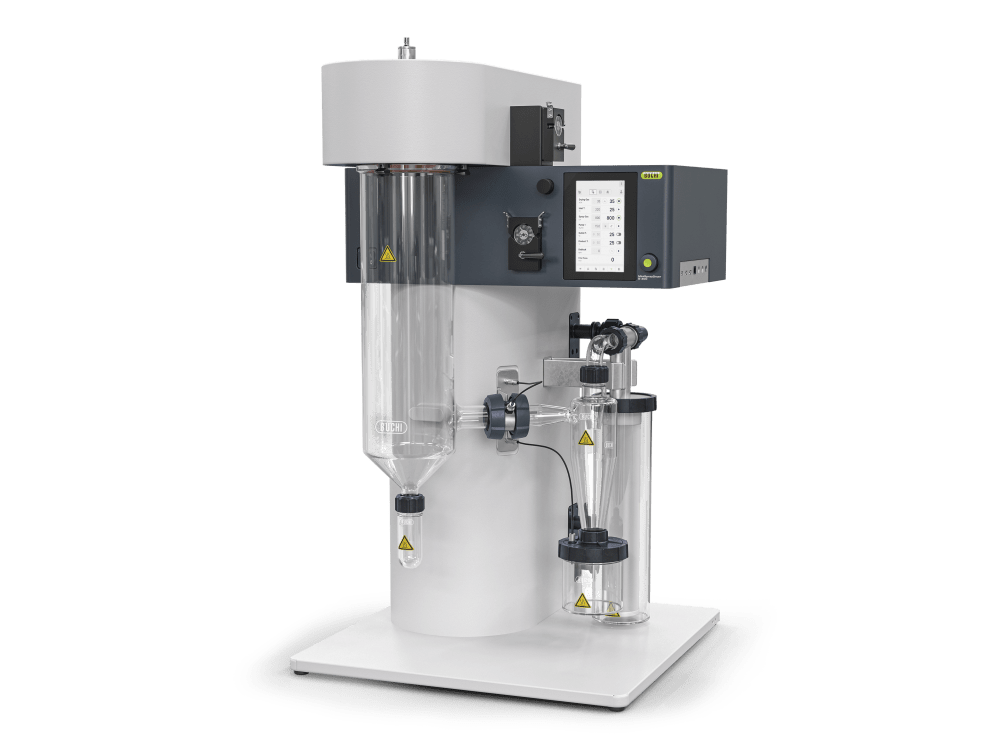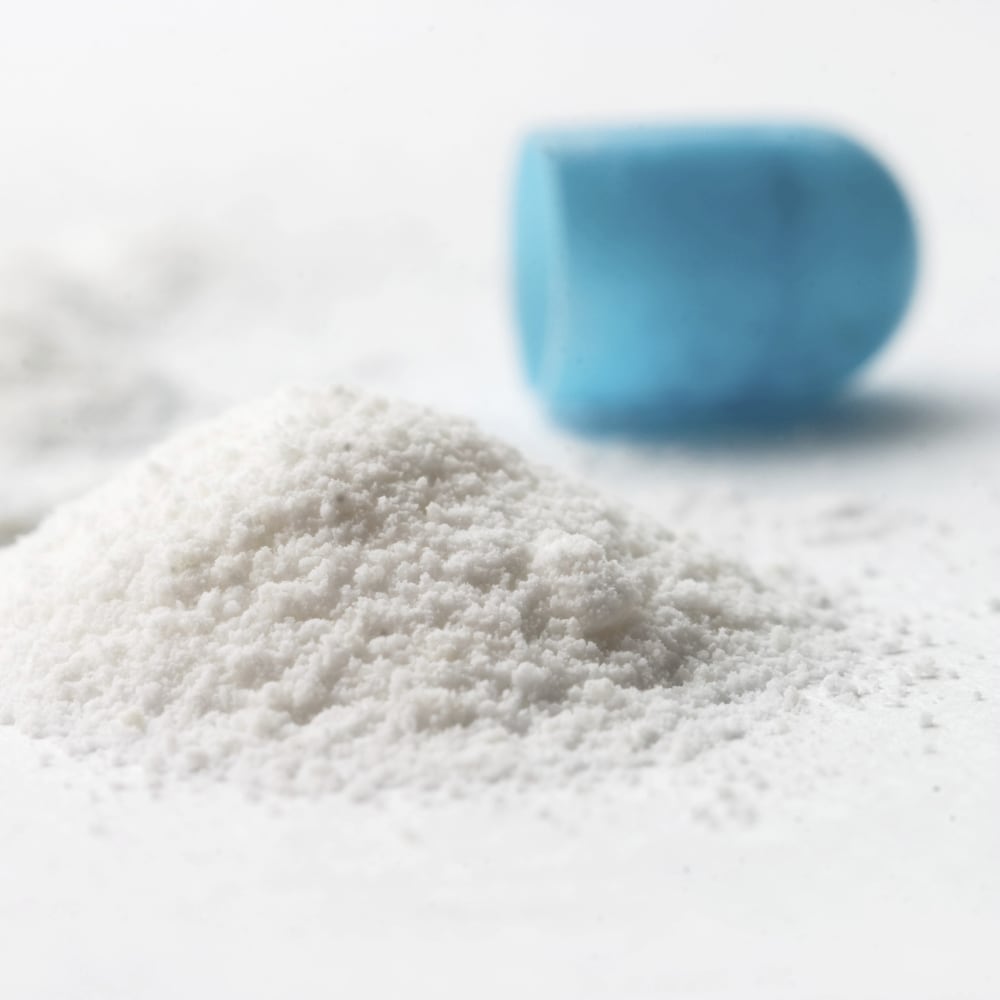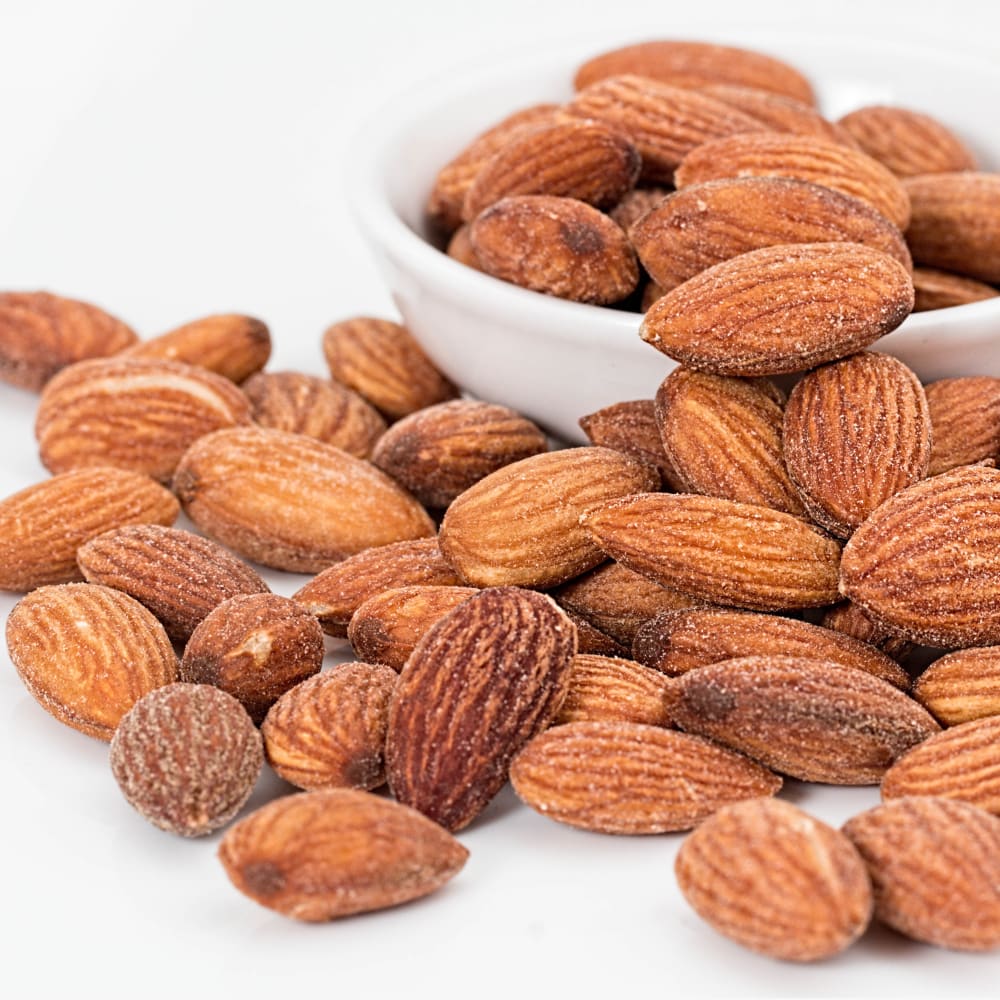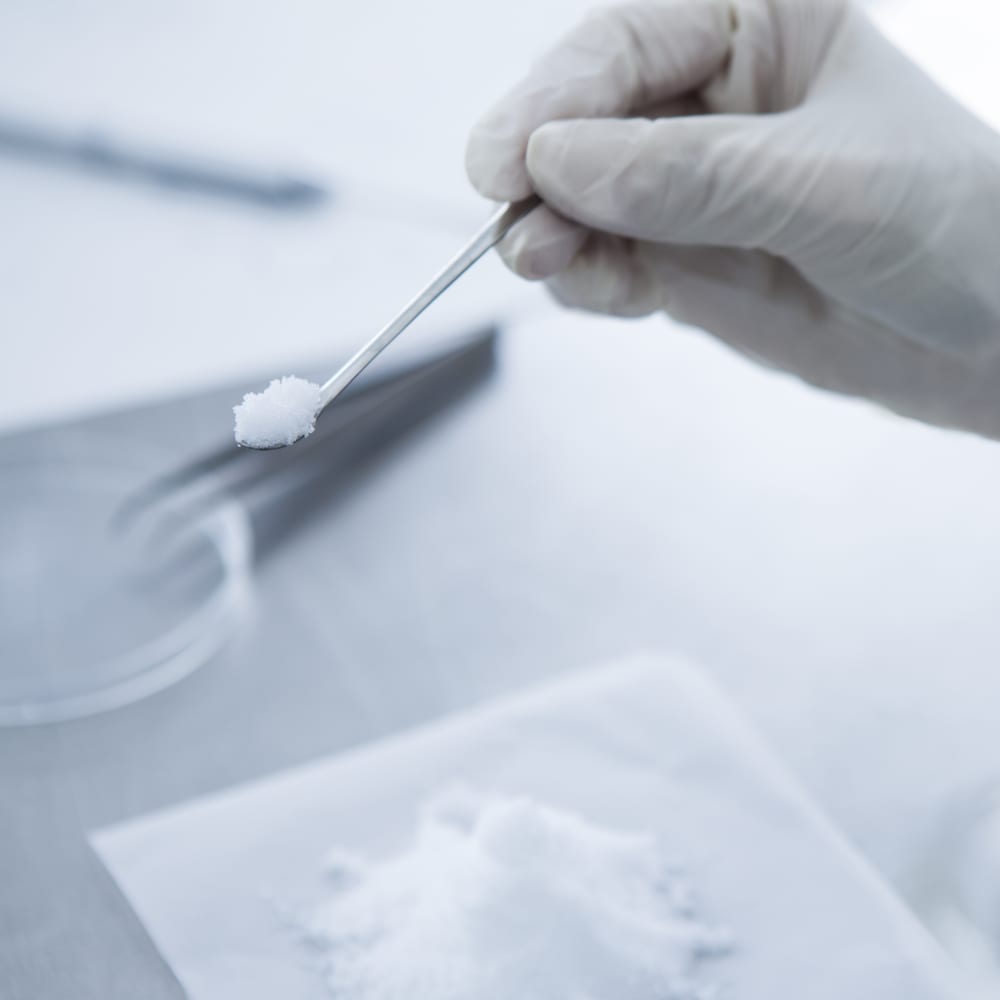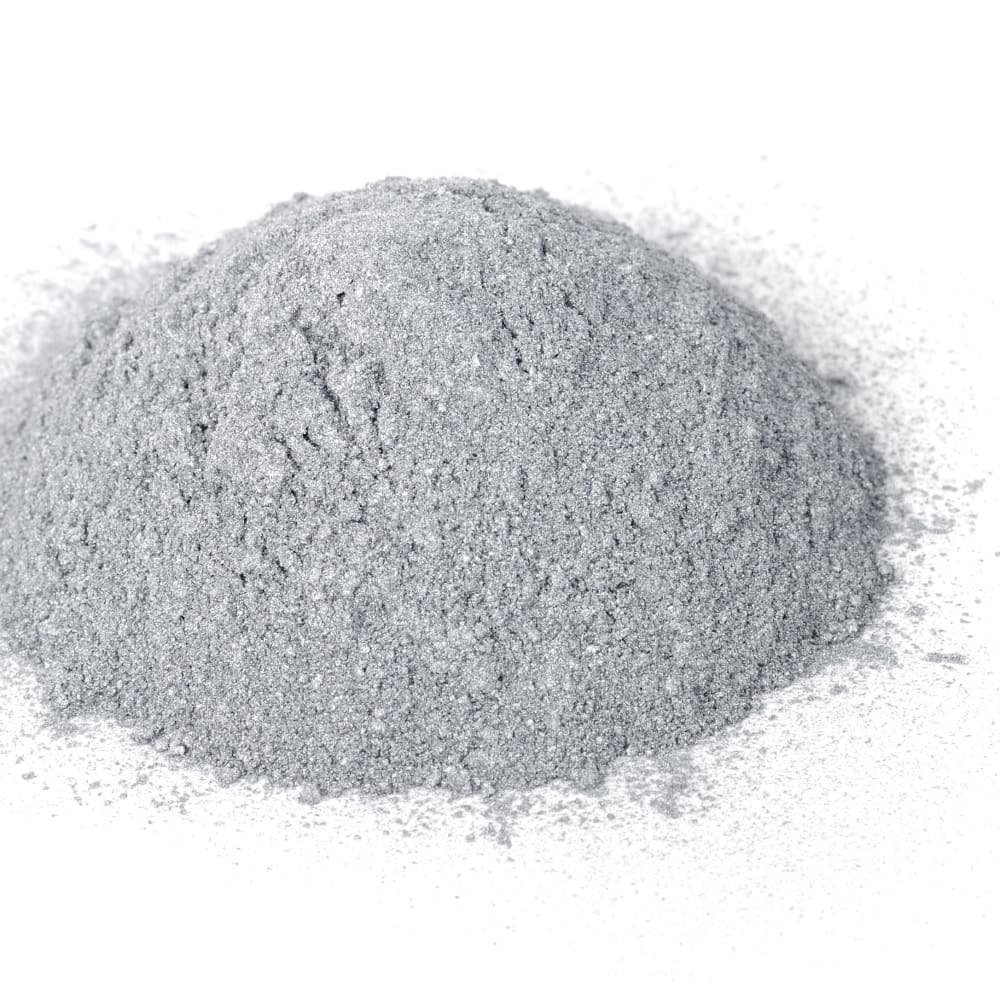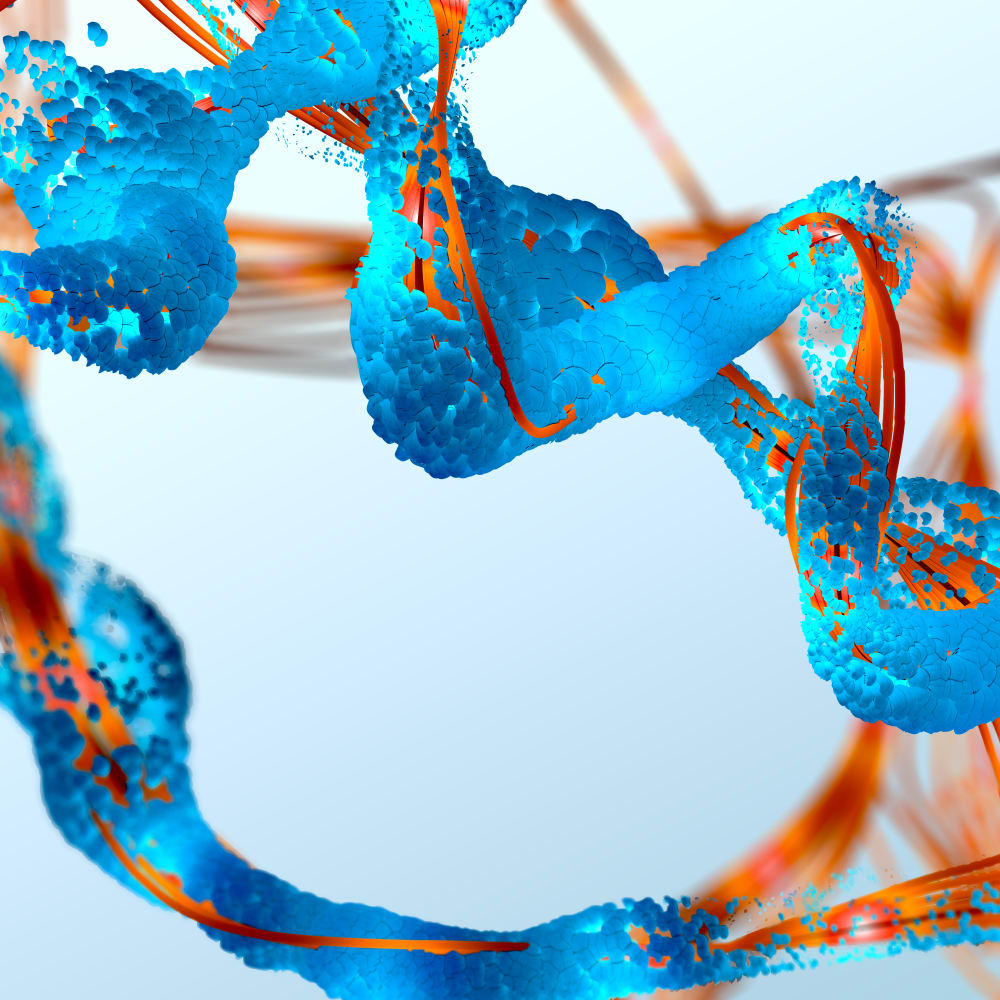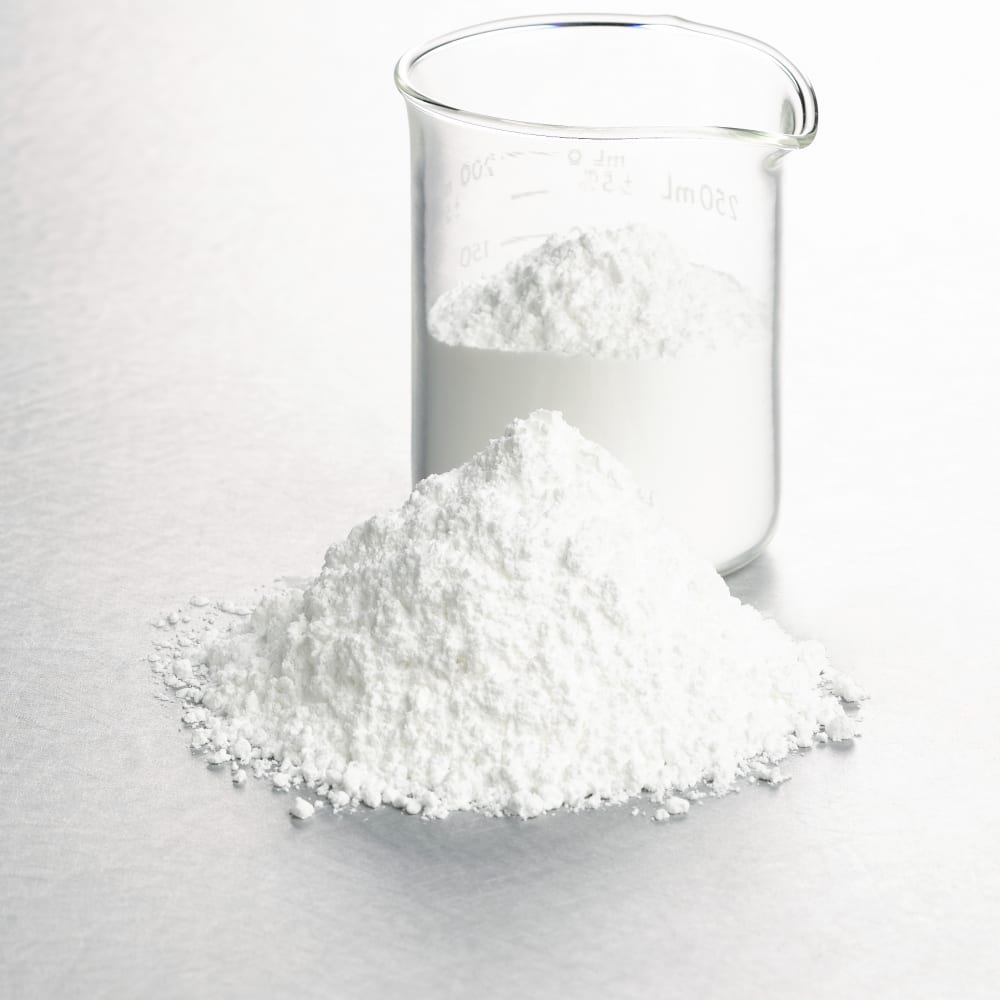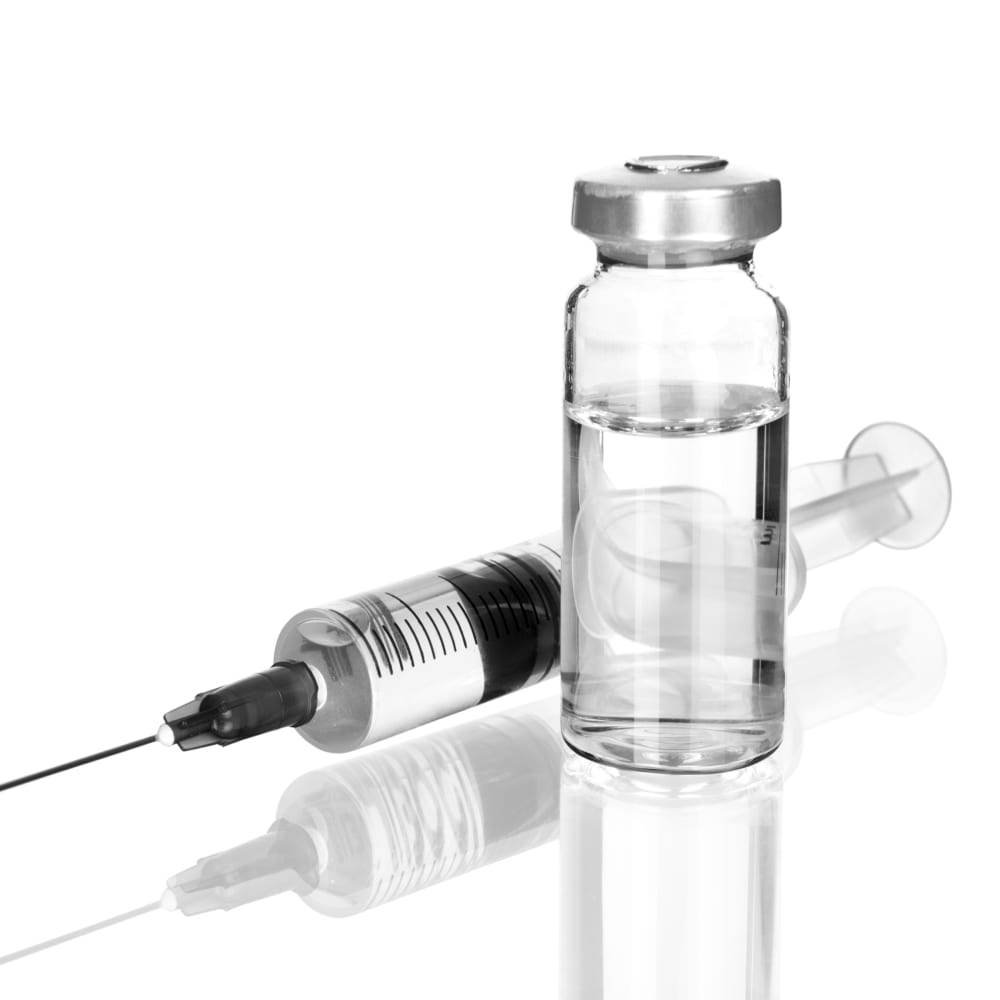Spray Drying of Galactosidase
Spray Drying of Galactosidase with the Mini Spray Dryer B-290

Spray drying is a process used to convert liquid formulations into powders. In the case of galactosidase, spray drying is a commonly used method for producing dry powders for use in the food and pharmaceutical industries.
Galactosidase is an enzyme used to break down lactose into glucose and galactose, which is commonly used in the production of lactose-free dairy products. During the spray drying process, a solution containing galactosidase is atomized into fine droplets and dried in a hot air stream to produce a dry powder. The resulting powder has good stability and activity, making it ideal for use in various food and pharmaceutical applications.
Areas of spray drying of galactosidase include the selection of appropriate raw materials, formulation development, process optimization, and product characterization. The optimal processing conditions such as temperature, flow rate, and inlet/outlet conditions are determined to optimize the activity and stability of the enzyme in the resulting powder.
Spray-dried galactosidase powders are commonly used in the production of lactose-free dairy products, such as milk, yogurt, and cheese, and as a digestive aid in pharmaceuticals. The use of spray drying technology ensures consistent quality and high production efficiency, making it a preferred method for producing galactosidase powders.
Please see the application note No. 520 for starting parameters, formulations and some results.

